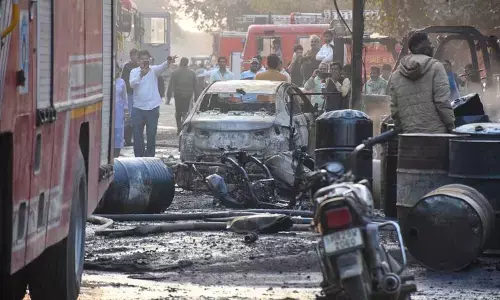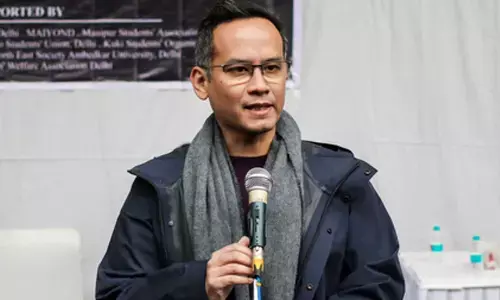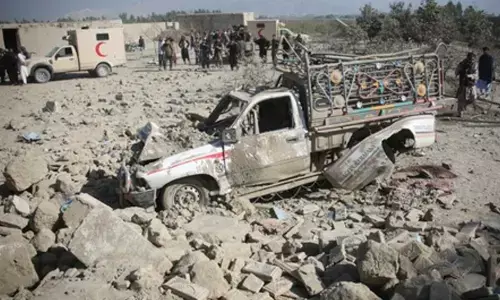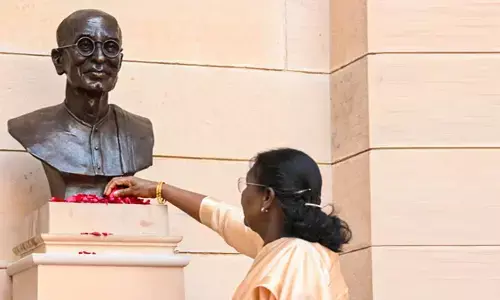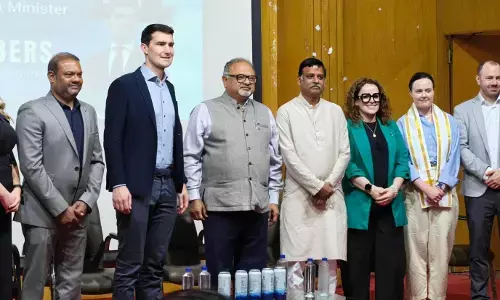British Parliament debates Kashmir issue

British Parliament Debates Kashmir Issue. The British government Thursday condemned terrorism and violence and rejected mediation in the dispute between India and Pakistan on Kashmir in a parliamentary debate in which pro-India speakers among the MPs overwhelmed Pakistan supporters by almost three to one.
London: The British government Thursday condemned terrorism and violence and rejected mediation in the dispute between India and Pakistan on Kashmir in a parliamentary debate in which pro-India speakers among the MPs overwhelmed Pakistan supporters by almost three to one.
Replying at the end of a three hour debate on the political and humanitarian situation in Kashmir, Tobias Ellwood, a junior minister in the foreign office, said: "Talks (between India and Pakistan) can only take place free from terrorism and violence." This seemed to back the Indian position that export of jihadis by Pakistan into India must stop.
He reiterated there would be "no mediation" by Britain in respect of the differences between India and Pakistan over Kashmir.
The debate did not take place in the chamber of the House of Commons, but in a committee room and under the auspices of the Backbench Business Committee. In other words, it wasn't a part of government business and there was no vote at the end of the debate. At the same time, it had official recognition and was recorded accordingly.
Of the 18 speakers who participated, only three clearly stood up for Islamabad's cause - the mover of the debate, David Ward, who represented a Bradford constituency where most of the voters or their families hail from Mirpur in Pakistani-administered Kashmir, and two MPs of Pakistani-origin. In contrast, only two of the lawmakers who supported the Indian position were of Indian-descent.
Leading the charge for India, Barry Gardiner, a Labour Party MP, stated: "Britain would be outraged if the Indian parliament debated the merits and demerits of the Scottish referendum." He called the debate as "ill-judged".
Paul Uppal, a Conservative Party MP, poured scorn over "white middle-aged men lecturing India". He reminded the house that Britain "carried imperial, historical baggage" and that it should have "more faith in the subcontinent".
Virendra Sharma of Labour commenced by saying he was "disappointed" the debate was taking place and described it as "divisive", stressing he is elected from a diverse constituency (Ealing Southall) where there are Sikhs, Hindus and Muslims and the debate could "inflame tensions" in his constituency. He asserted that Jammu and Kashmir state was an integral part of India.
Bob Blackman, Conservative, highlighted the issue of "ethnic cleansing of Kashmiri Pandits", their displacement and refugee status in their own country, which, he felt, was of the highest "humanitarian" concern.
Speaker after speaker echoed this sentiment, thereby drowning out the Pakistani plea that Indian security forces were committing human rights violations against Muslim Kashmiris in Jammu and Kashmir.
Though Ward maintained that "we (Britain) have some part to play in Kashmir", this stand was roundly rejected by a majority of his fellow MPs.
Those reflecting India's stance on Kashmir were well prepared. Not only did they seem to have been well briefed, but had done their own home work. By comparison, the apologists for Islamabad indulged in propaganda, including questioning the legitimacy of elections in Kashmir.
About one-third of the speakers were even-handed and did not categorically take sides.
Unlike past debates on Kashmir in the British parliament, the public gallery appeared to be equally divided between Indians and Pakistanis and not predominantly the latter community. Rumblings of discontent were heard from a section of the audience every time a speaker took up cudgels for India and correspondingly clapping from another segment, which were frequent as the strength of solidarity with India was unprecedented.
Had there been a vote, the pro-India lobby would have won hands down.


